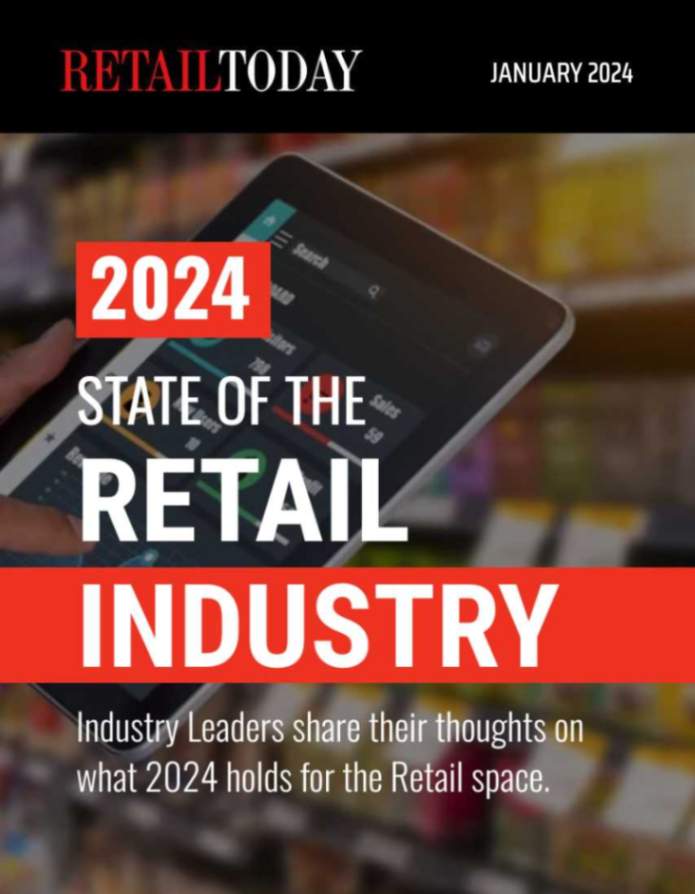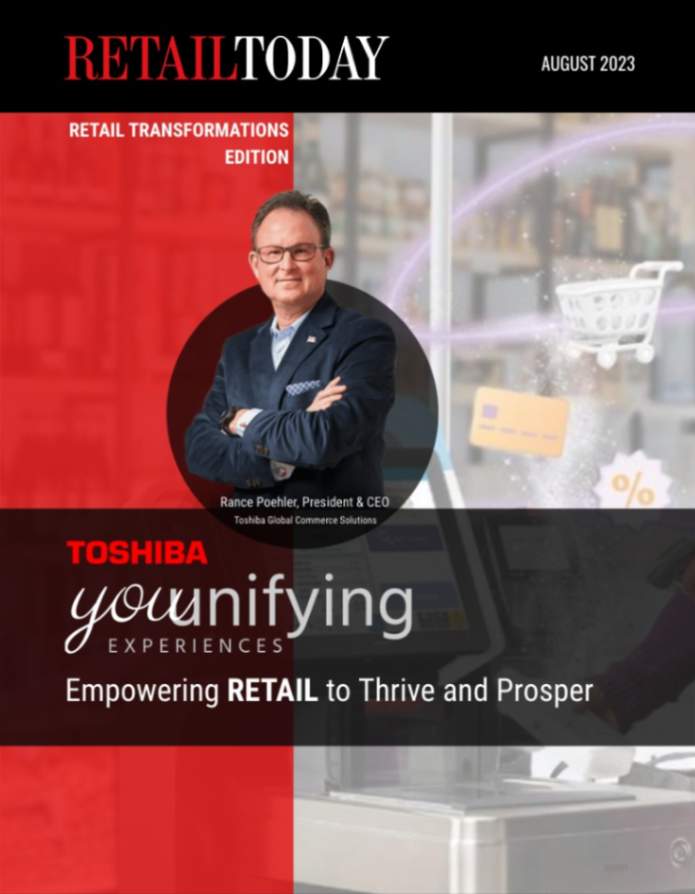
If 2023 required retailers to adapt, streamline, and future-proof their organisations to meet key challenges in the sector head-on, 2024 is sure to be even more demanding. Confronted with new, tougher questions surrounding sustainability, economic uncertainty, and the relationship between traditional retail and ecommerce, the road ahead is not without its obstacles – but retailers, as ever, are ready to rise to the occasion.
Resilience and innovation are key to success for both online and bricks and mortar sellers, who must show that they can constantly adapt to the pressures caused by the geopolitical conflicts, climate issues, and rising consumer costs influencing the retail landscape.
These now-familiar challenges come with new possibilities: emerging technologies and sustainability solutions are rapidly changing the way we shop and interact with customers. Embracing change and harnessing the possibilities of technology are key to industry success in the coming year, and there are some simple themes for all to consider.
Fluidity, Security, Authenticity
The customer journey has continually increased in complexity for retailers, all while trying to make it as simple, efficient and innovative as possible for consumers – with the distinction between digital and ‘real world’ retail experiences becoming ever-more blurred. While many customers are still shopping in physical stores, ecommerce principles of stock and supply management, along with digital touchpoints to manage payments and customer experience, continue to grow in dominance and relevance.
According to one study, digitally-native Gen Z consumers would opt to solely shop online if they had to choose between online and physical stores. Tech is playing an increasingly significant role in their lives and their customer journeys. This covers a spectrum from consumers buying an item online and returning it in-person, all the way to digital product twins that are underpinned by blockchain-enabled Digital Product Passports.
To meet the ‘phygital’ demand, retailers must deliver streamlined, simple, and secure shopping experiences for consumers, integrating tech-enabled customer solutions that match the speed, accuracy and ease of online shopping. Smart tag technology, such as RFID, is one a critical enabler of many of these solutions, allowing fluid, seamless in-store experience, while also guaranteeing authenticity, traceability and experiential links within products to be explored like never before.
Sustainability and Efficiency
Sustainability will continue to be an important trend in 2024. Consumers have become increasingly critical of what they perceive as superficial promises or false claims made via marketing and advertising. Now, more than ever, it’s vital that retailers act for both the planet, our future, and their reputations.
Sustainability objectives are often placed in opposition to profitability goals, but this doesn’t need to be the case. One way in which retailers are simultaneously increasing cost-efficiency and decreasing carbon emissions is by reducing supply chain mileage and empty miles, with 69% of survey respondents indicating that reducing empty miles was very important to their business.
Sustainable solutions can be a boon from a sustainability and profitability perspective – for instance, paper-based smart tags simultaneously reduce carbon emissions and support the recirculation of products. The retail industry is adapting across the board, with new technologies and new consumers changing expectations around climate emissions, customer experience, and efficiency.
By embracing innovation and meeting environmental challenges head-on, retailers can thrive while securing a sustainable future for our planet.






